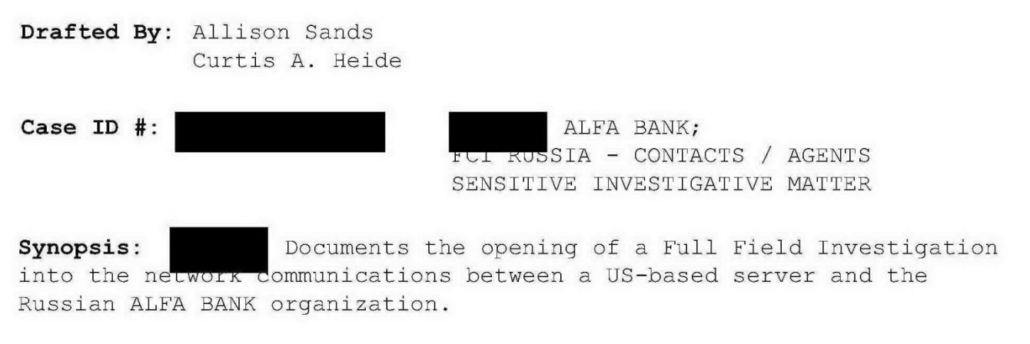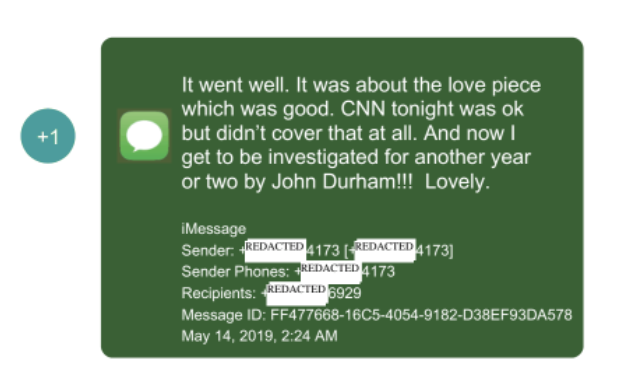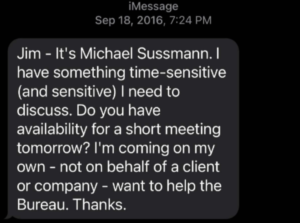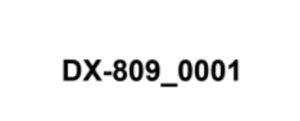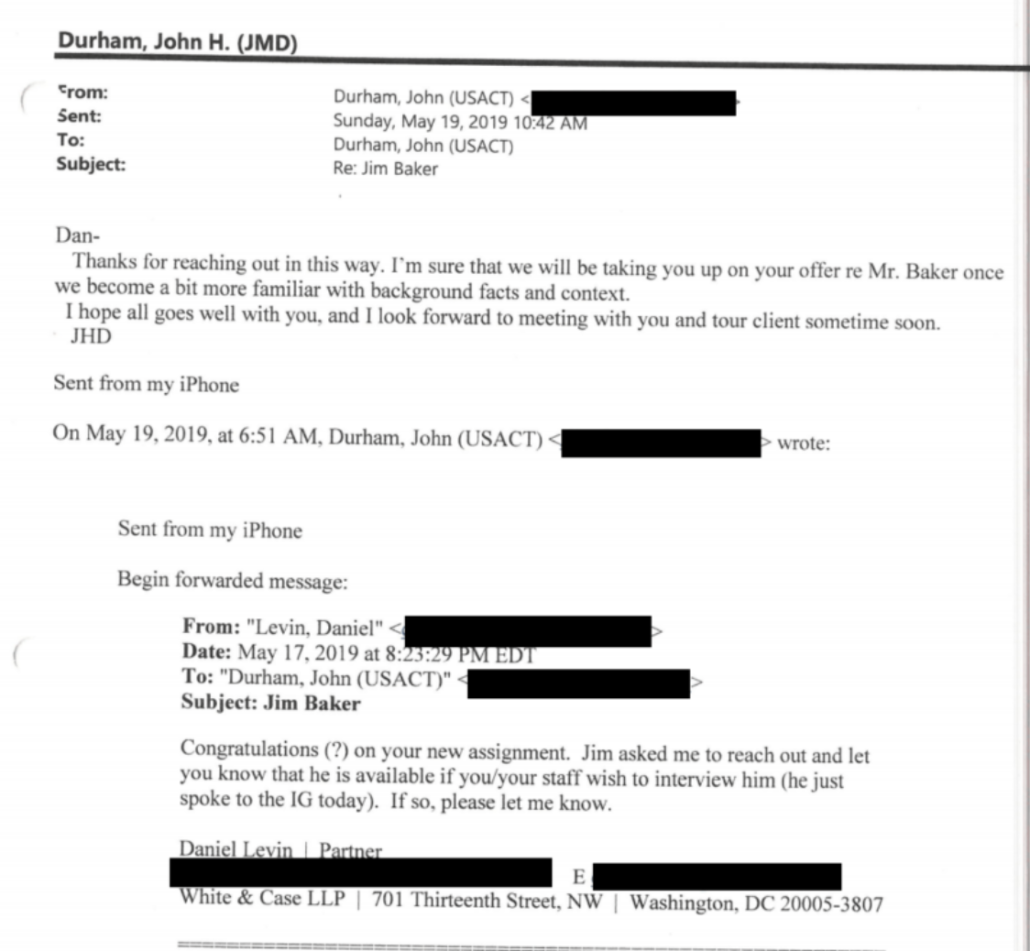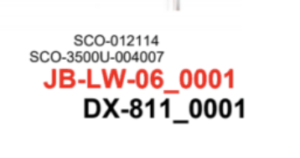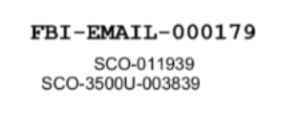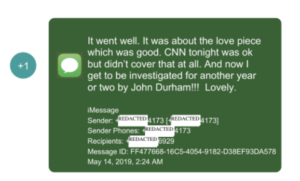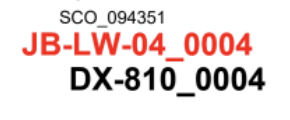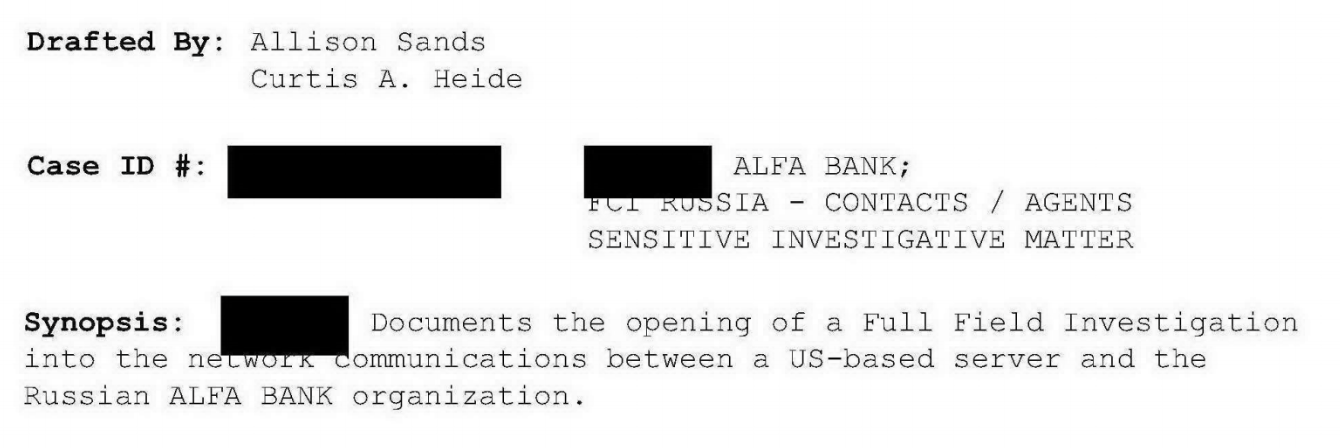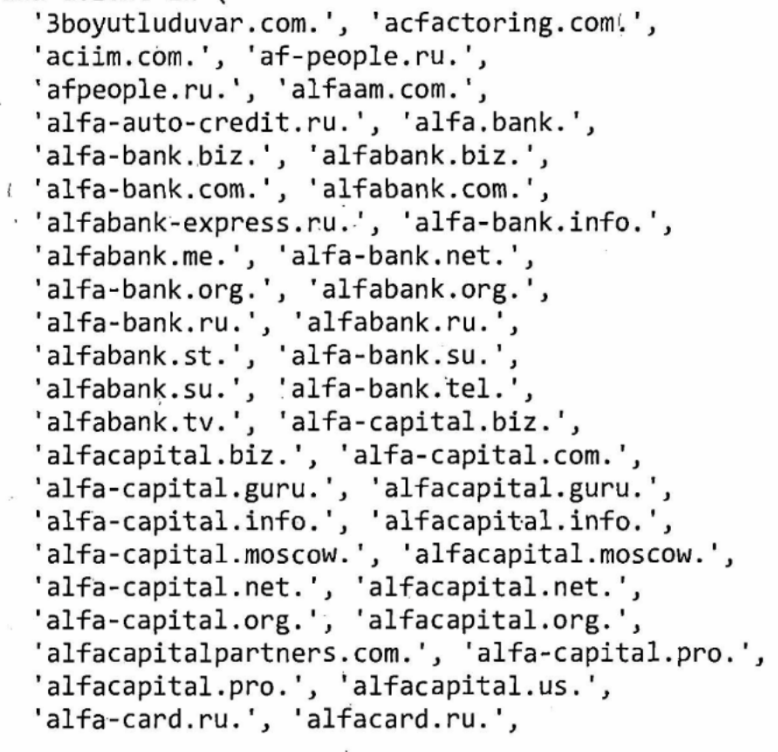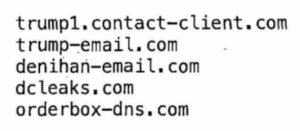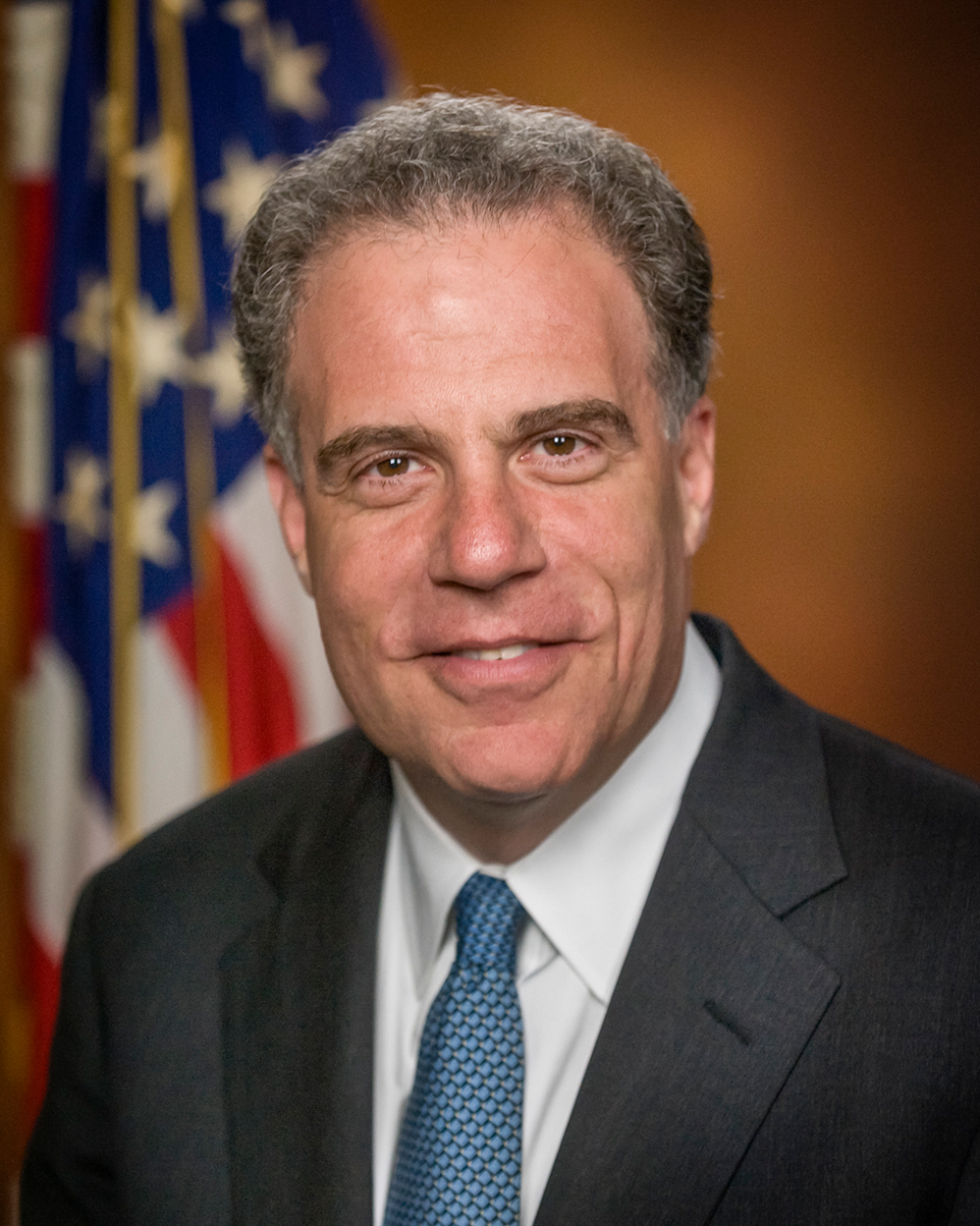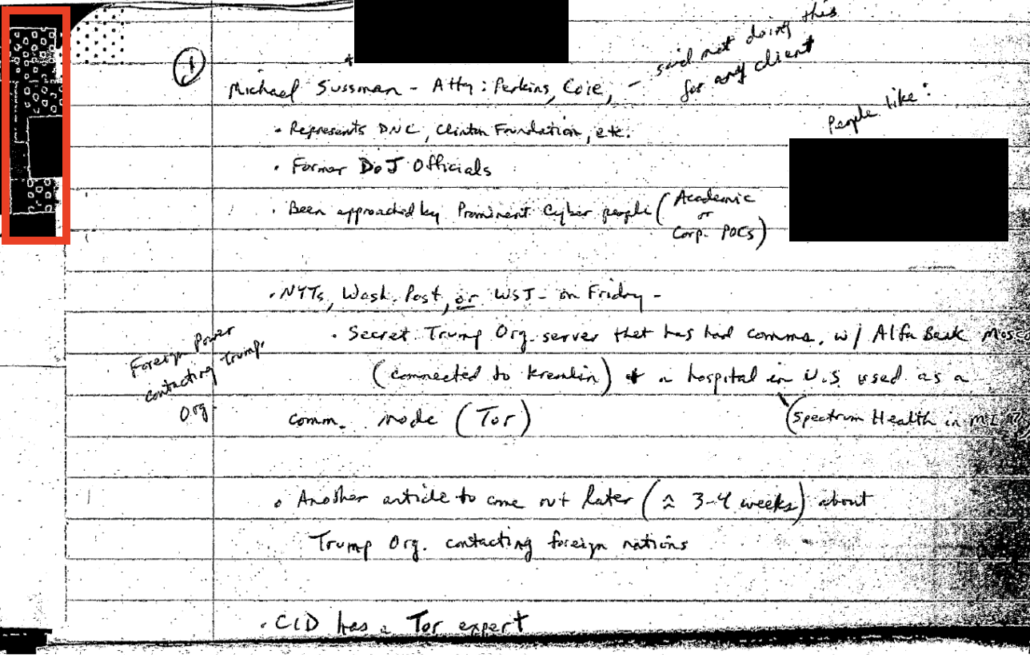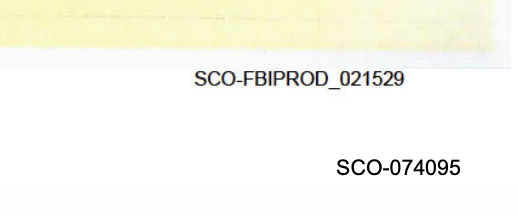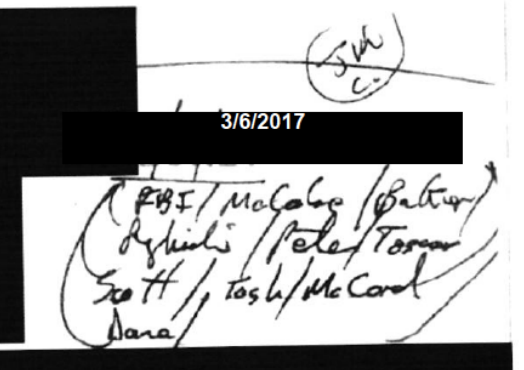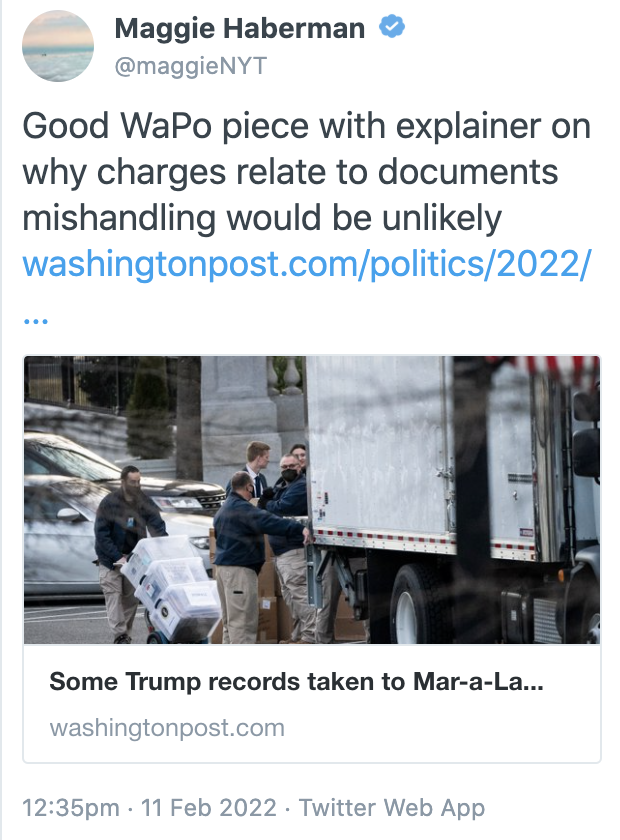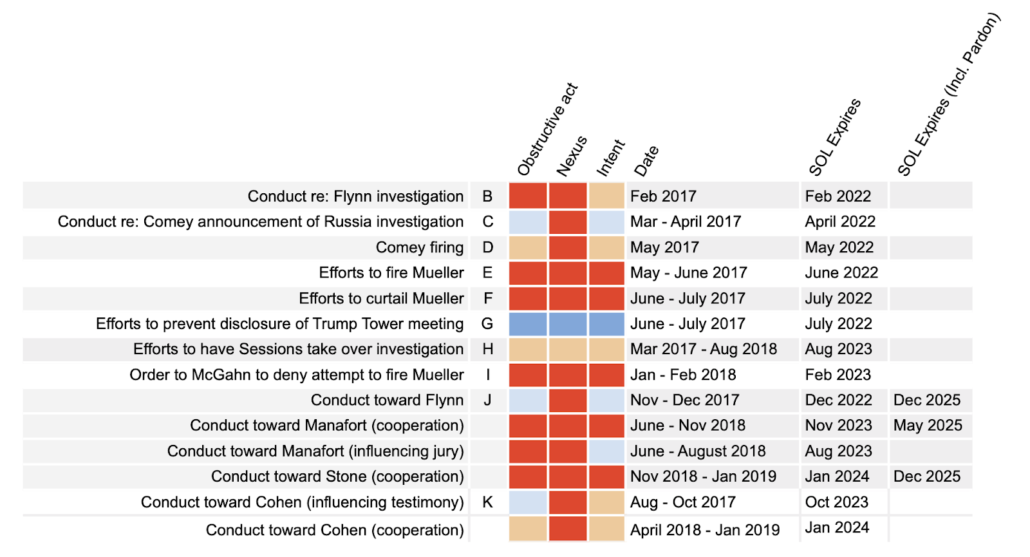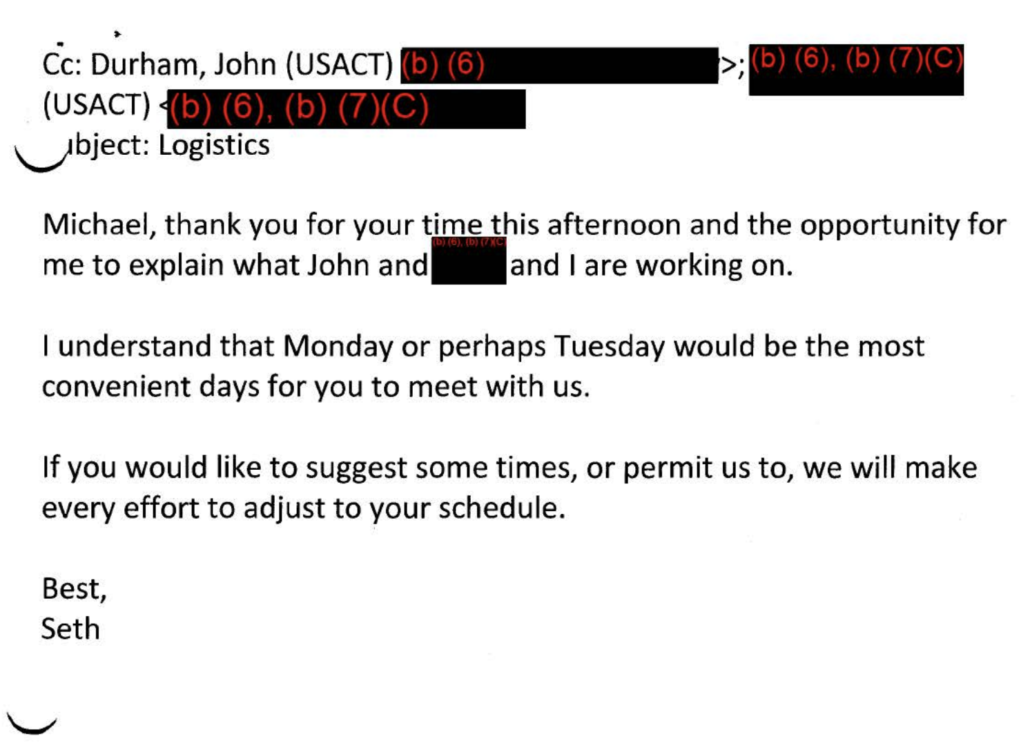There Was No Crime Predicating the Durham Investigation
Deep in a NYT piece that suggests but does not conclude that John Durham’s purpose is to feed conspiracy theories, Charlie Savage writes,
Mr. Barr’s mandate to Mr. Durham appears to have been to investigate a series of conspiracy theories.
That’s as close as any traditional media outlet has come to looking at the flimsy predication for Durham’s initial appointment.
Billy Barr, however, has never hidden his goal. In his memoir, he describes returning to government — with an understanding about the Russian investigation gleaned from the propaganda bubble of Fox News, not any firsthand access to the evidence — with a primary purpose of undermining the Russian investigation. He describes having to appoint Durham to investigate what he believed, again based off Fox propaganda, to be a bogus scandal.
I would soon make the difficult decision to go back into government in large part because I saw the way the President’s adversaries had enmeshed the Department of Justice in this phony scandal and were using it to hobble his administration. Once in office, it occupied much of my time for the first six months of my tenure. It was at the heart of my most controversial decisions. Even after dealing with the Mueller report, I still had to launch US Attorney John Durham’s investigation into the genesis of this bogus scandal.
In his shameless excuses for bypassing MLAT to grill foreigners about their role in the investigation, Barr describes “ha[ving] to run down” whether there was anything nefarious about the intelligence allies shared with the US — a rather glorified description for “chasing George Papadopoulos’ conspiracy theories around the globe.”
Durham’s investigation was up and running by the late spring. Pending IG Horowitz’s completion of his review of Crossfire Hurricane, I asked Durham to focus initially on any relevant activities by the CIA, NSA, or friendly foreign intelligence services. One of the more asinine aspects of media coverage about Durham’s investigation was all the heavy breathing during the summer as news seeped out that I had contacts with foreign governments on Durham’s behalf. Various journalists and commentators claimed this indicated that I was personally conducting the investigation and suggested there was something nefarious about my communicating with allied governments about Russiagate. [sic] This coverage was a good example of the kind of partisan nonsense that passes as journalism these days.
One of the questions that had to be run down was whether allied intelligence services had any role in Russiagate [sic] or had any relevant information. One question was whether US officials had asked foreign intelligence services to spy on Americans. Various theories of potential involvement by British, Australian, or Italian intelligence agencies had been raised over the preceding two years. Talking to our allies about these matters was an essential part of the investigation. It should not surprise anyone that a prosecutor cannot just show up on the door- step of a foreign intelligence agency and start asking questions. An introduction and explanation at more senior levels is required. So— gasp!—I contacted the relevant foreign ambassadors, who in turn put me in touch with an appropriate senior official in their country with authority to deal with such matters. These officials quite naturally wanted to hear from me directly about the contours of the investigation and how their information would be protected.
Much later, when Barr claimed that Durham would not lower DOJ standards just to obtain results, Barr again described an investigation launched to “try to get to the bottom of what happened” rather than investigate a potential crime.
I acknowledged that what had happened to President Trump in 2016 was abhorrent and should not happen again. I said that the Durham investigation was trying to get to the bottom of what happened but “cannot be, and it will not be, a tit-for-tat exercise.” I pledged that Durham would adhere to the department’s standards and would not lower them just to get results. I then added a point, meant to temper any expectation that the investigation would necessarily produce any further indictments:
[W]e have to bear in mind [what] the Supreme Court recently re- minded [us] in the “Bridgegate” case—there is a difference between an abuse of power and a federal crime. Not every abuse of power, no matter how outrageous, is necessarily a federal crime.
And then Durham lowered DOJ standards and charged two false statement cases for which he had (and has, in the case of Igor Danchenko) flimsy proof and for which, in the case of Michael Sussmann, he had not tested the defendant’s sworn explanation before charging. Durham further lowered DOJ standards by turning false statement cases into uncharged conspiracies he used to make wild unsubstantiated allegations about a broad network of others.
This entire three year process was launched with no evidence that a crime was committed, and it seems likely that only the Kevin Clinesmith prosecution, which DOJ Inspector General Michael Horowitz handed Durham months after he was appointed as a fait accompli and which could easily have been prosecuted by the DC US Attorney’s Office, provided an excuse to convene a grand jury to start digging in the coffers of Fusion GPS and Perkins Coie.
There was no crime. Durham was never investigating a suspected crime and then, as statutes of limitation started expiring, he hung a conspiracy theory on a claimed false statement for which he had no solid proof. Eight months into Durham repeating those conspiracy theories at every turn — conspiracy theories that Durham admitted would not amount to a crime in any case! — a jury told Durham he had inadequate proof a crime was committed and that the entire thing had been a waste of time and resources.
“The government had the job of proving beyond a reasonable doubt,” she said, declining to give her name. “We broke it down…as a jury. It didn’t pan out in the government’s favor.”
Asked if she thought the prosecution was worthwhile, the foreperson said: “Personally, I don’t think it should have been prosecuted because I think we have better time or resources to use or spend to other things that affect the nation as a whole than a possible lie to the FBI. We could spend that time more wisely.”
Compare that to the Russian investigation, which was started to figure out which Trump associate had advance knowledge of Russia’s criminal hack-and-leak operation and whether they had any criminal exposure in it. Here’s how Peter Strzok described it in his book:
[A]gents often don’t even know the subject of a counterintelligence investigation. They have a term for that: an unknown subject, or UNSUB, which they use when an activity is known but the specific person conducting that activity is not — for instance, when they are aware that Russia is working to undermine our electoral system in concert with a presidential campaign but don’t know exactly who at that campaign Russia might be coordinating with or how many people might be involved.
To understand the challenges of an UNSUB case, consider the following three hypothetical scenarios. In one, a Russian source tells his American handler that, while out drinking at an SVR reunion, he learned that a colleague had just been promoted after a breakthrough recruitment of an American intelligence officer in Bangkok. We don’t know the identity of the recruited American — he or she is an UNSUB. A second scenario: a man and a woman out for a morning run in Washington see a figure toss a package over the fence of the Russian embassy and speed off in a four-door maroon sedan. An UNSUB.
Or consider this third scenario: a young foreign policy adviser to an American presidential campaign boasts to one of our allies that the Russians have offered to help his candidate by releasing damaging information about that candidate’s chief political rival. Who actually received the offer of assistance from the Russians? An UNSUB.
[snip]
The FFG information about Papadopoulos presented us with a textbook UNSUB case. Who received the alleged offer of assistance from the Russians? Was it Papadopoulos? Perhaps, but not necessarily. We didn’t know about his contacts with Mifsud at the time — all we knew was that he had told the allied government that the Russians had dirt on Clinton and Obama and that they wanted to release it in a way that would help Trump.
The answer, by the way, was that at least two Trump associates had advance knowledge, George Papadopoulos and Roger Stone, and Stone shared his advance knowledge with Rick Gates, Paul Manafort, Steve Bannon, and Donald Trump, among others. By all appearances, DOJ was still investigating whether Stone had criminal exposure tied to his advance knowledge when Barr interfered in that investigation in February 2020, a fact that Barr hid until the day before the 2020 election.
With the Russian investigation, there was a crime: a hack by a hostile nation-state of a Presidential candidate, along with evidence that her opponent at least knew about the related leak campaign in advance. With the Durham investigation, there were only Fox News conspiracy theories and the certainty that Donald Trump shouldn’t be held accountable for encouraging Russia to hack his opponent.
The fact that this entire three year wild goose hunt was started without any predicating crime is all the more ridiculous given Durham’s repeated focus both on the predication of Crossfire Hurricane (in criticizing Horowitz’s report on Carter Page) and the Alfa Bank inquiry (during the Sussmann trial). John Durham, appointed to investigate conspiracy theories, deigns to lecture others about appropriate predication.
And that’s undoubtedly why, in the face of this humiliating result for Durham, Billy Barr is outright lying about what Durham’s uncharged conspiracy theories revealed about the predication of the Russian investigation.
Barr: I’m very proud of Durham and I do take responsibility for his appointment. pic.twitter.com/odKy2FaqKG
— Acyn (@Acyn) June 1, 2022
He and his team did an exceptionally able job, both digging out very important facts and presenting a compelling case to the jury. And the fact that he … well, he did not succeed in getting a conviction from the DC jury, I think he accomplished something far more important, which is he brought out the truth in two important areas. First, I think he crystalized the central role played by the Hillary campaign in launching — as a dirty trick — the whole RussiaGate [sic] collusion [sic] narrative and fanning the flames of it, and second, I think, he exposed really dreadful behavior by the supervisors in the FBI, the senior ranks of the FBI, who knowingly used this information to start an investigation of Trump and then duped their own agents by lying to them and refusing to tell them what the real source of that information was.
That’s not what the trial showed, of course. Every witness who was asked about the centrality of the Alfa Bank allegations responded that there were so many other ties between Trump and Russia that the Alfa Bank allegations didn’t much stick out. Here’s how Robby Mook described it in questioning by Michael Bosworth.
[I]t was one of many pieces of information we had. And, in fact, every day, you know, Donald Trump was saying things about Putin and saying things about Russia. So this was a constituent piece of information among many pieces of information, and I don’t think we saw it as this silver bullet that was going to conclude the campaign and, you know, determine the outcome, no.
Q. There were a lot of Trump/Russia issues you were focused on?
A. Correct.
Q. And this was one of many?
A. Correct.
In response to questioning by Sean Berkowitz, Marc Elias traced the increased focus on Russia to Trump’s own request for Russia to hack Hillary.
Q. Let’s take a look — let me ask a different question. At some point in the summer of 2016, did Candidate Trump make any statements publicly about the hack?
A. Yes.
Q. What do you recall him saying and when?
A. There was a publication of emails, of DNC emails, in the days leading up to the Democratic National Convention. And it was in my opinion at the time clearly an effort by Russia to ruin what is the one clean shot that candidates get to talk to the American public. Right? The networks give you free coverage for your convention. And in the days before the convention, there was a major leak. And rather than doing what any decent human being might do and condemn it, Donald Trump said: I hope Russia is listening and, if so, will find the 30,000 Hillary Clinton emails that he believed existed and release them. That’s what I remember.
Q. Did you feel the campaign was under attack, sir?
A. We absolutely were under attack.
Q. And in connection with that, were there suggestions or possibilities at least in your mind and in the campaign’s mind that there could be a connection between Russia and Trump?
A. Again, this is, you know — this was public — Donald Trump — you know, the Republican Party historically has been very anti-Russia. Ronald Reagan was like the most anti-communist, the most anti-Soviet Union president.
And all of a sudden you had this guy who becomes the nominee; and they change the Russian National Committee platform to become pro-Russian and he has all these kind things to say about Putin. And then he makes this statement.
And in the meantime, he has hired, you know, Paul Manafort, who is, you know, I think had some ties to — I don’t recall anymore, but it was some pro-Russia thing in Ukraine.
So yeah. I thought that there were — I thought it was plausible. I didn’t know, but I thought it was an unusual set of circumstances and I thought it was plausible that Donald Trump had relations with — through his company with Russia.
Democrats didn’t gin up the focus on Trump’s ties to Russia, Trump’s own begging for more hacking did.
The trial also showed that this wasn’t an investigation into Trump. Rather, it was opened as an investigation into Kirkland & Ellis client Alfa Bank, which FBI believed had ties to Russian intelligence.
The investigation even considered whether Alfa Bank was victimizing Trump Organization.
Barr is similarly lying about whether supervisors revealed the source(s) of this information and what it was.
The source for the allegations was not Hillary, but researchers. And the trial presented repeated testimony that David Dagon’s role as one source of the allegations being shared with investigative agents. That detail was not hidden, but agents nevertheless never interviewed Dagon.
And even the purported tie to the Democrats was not well hidden. Indeed, the trial evidence shows that the FBI believed the DNC to be the source of the allegations, and that detail leaked down to various agents — including the two cyber agents, Nate Batty and Scott Hellman, whose shoddy analysis encouraged all other agents to dismiss the allegations — via various means.
Andrew DeFilippis made great efforts (efforts that lowered DOJ standards) to claim differently, but the evidence that key investigators assumed this was a DNC tip was fairly strong.
Three years after launching an investigation into conspiracy theories, Barr is left lying, claiming he found the result he set out to find three years ago. But the evidence — and the jury’s verdict — proves him wrong.
For years, Durham has been seeking proof that the predication of the Russian investigation was faulty. The only crime he has proven in the interim is that his own investigation was predicated on Fox News conspiracy theories.


